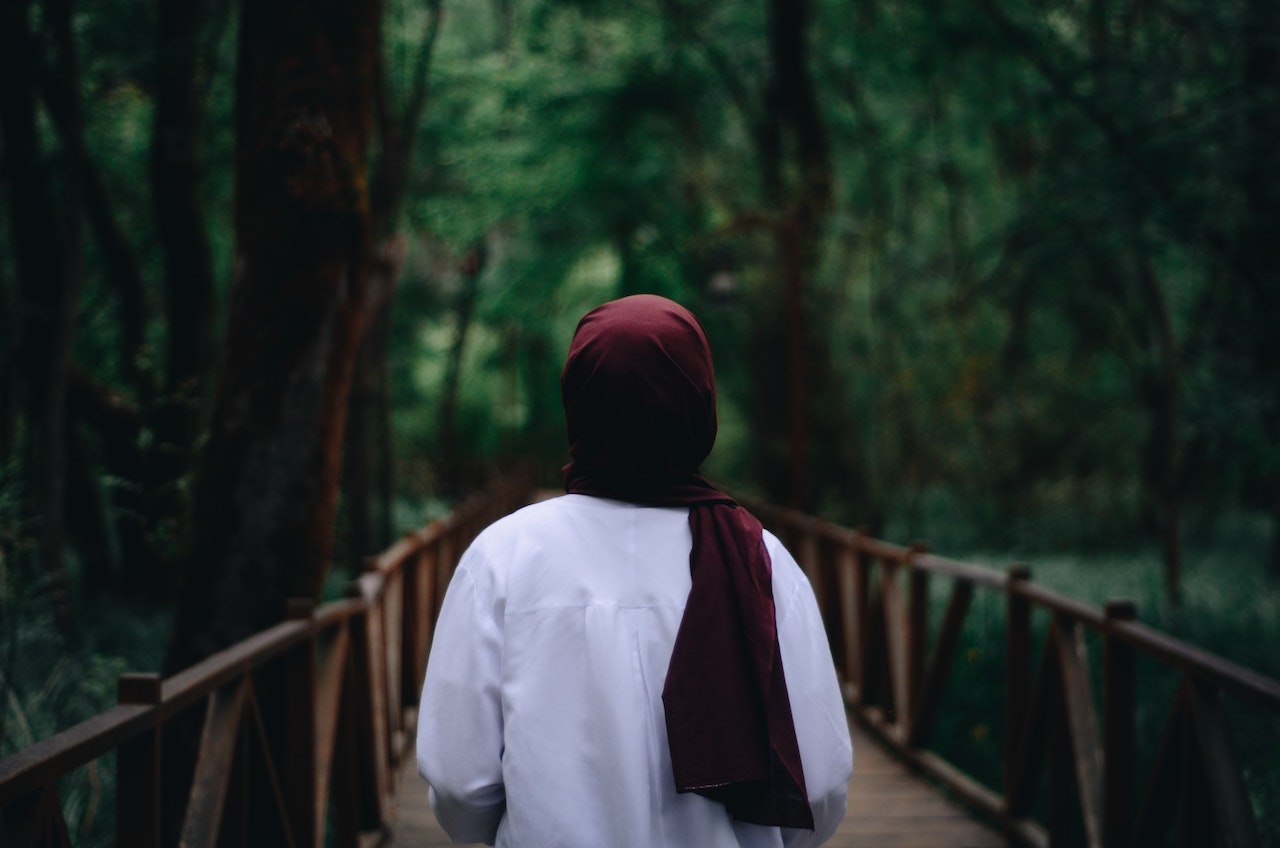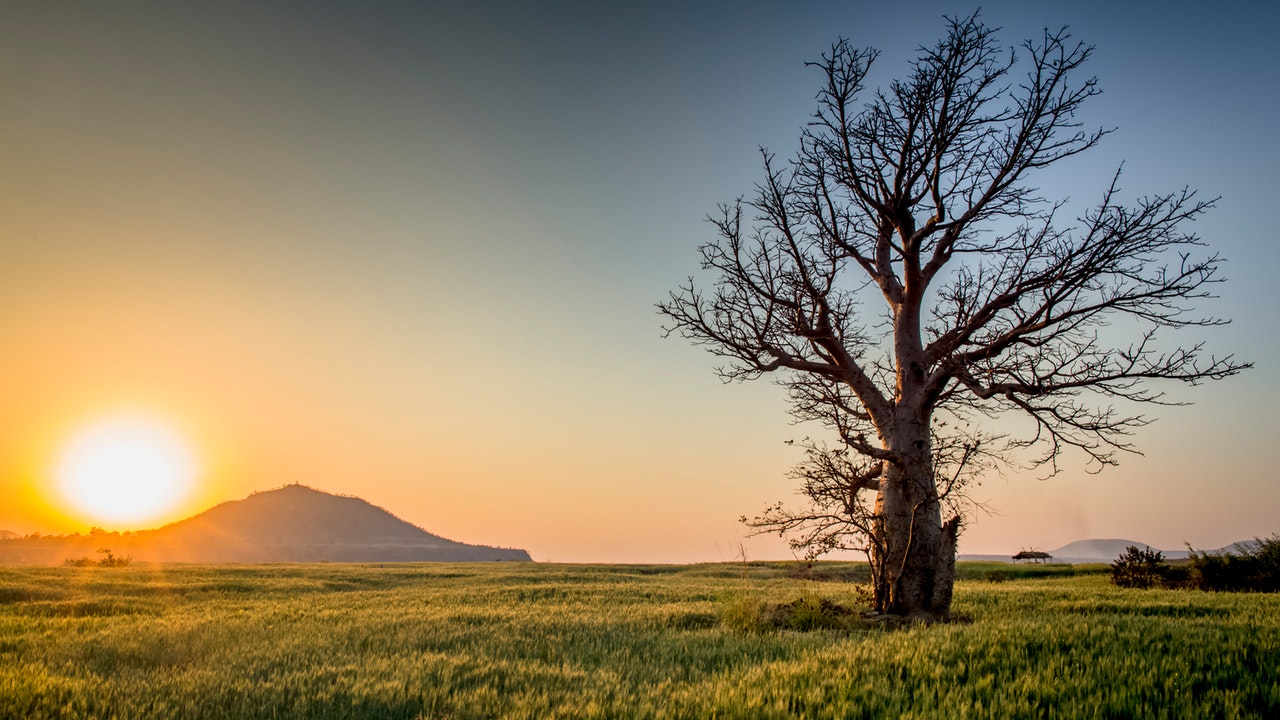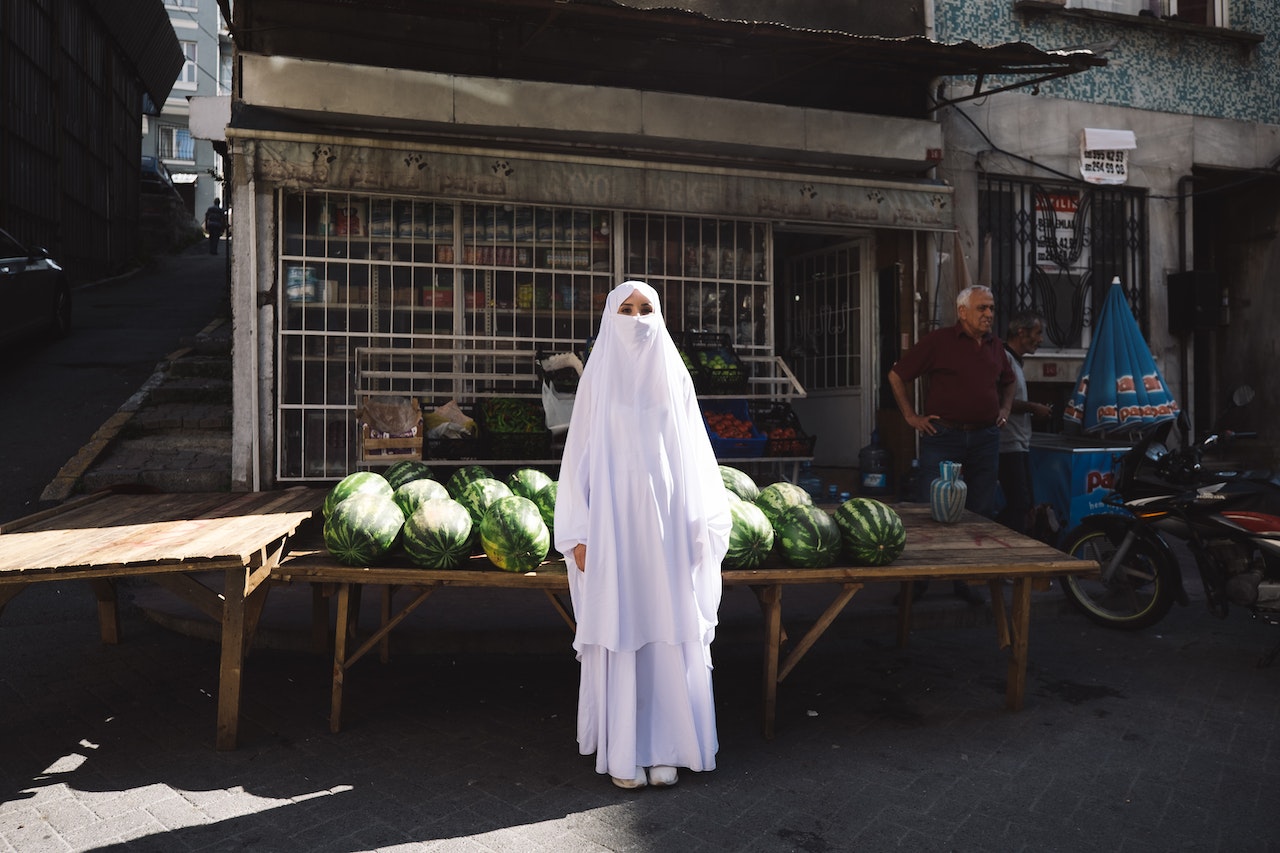This is an excerpt from an article published in Zilzar Life.
Love – a word so powerful that it demands celebration (or lamentation) around the world; one special day that knows no religion, nation, family or tribe. Some may need the memories of Valentine’s Day, others don’t. Maybe there is a need for symbolic roses, hearts and chocolates. Maybe not.
But we can easily agree about what this is all about…
Love knows no boundaries. We’ve experienced it, and would like to experience it in many other forms – to a husband or wife, mother or father, brother or sister, by blood or community. It is one of those universal experiences of being human.
They say love can move mountains so much so it moves us to do extraordinary things. Of course we have heard of the legend of Taj Mahal, and how a great ruler built a palace out of depression from his wife’s passing. Rabindranath Tagore called it “a teardrop on the face of time.” On another hand, we also find parents and children who labor endlessly for their families. In the Philippines let alone, almost a tenth of the population struggle for a living as Overseas Filipino Workers.
In the Quran, an oft-quoted love verse from Ar Rum goes: “And of His signs is that He created for you from yourselves mates that you may find tranquility in them…” In Ar Rad, we are also reminded: “Verily, only in the remembrance of Allah do hearts find rest.” Hence, in order to love deeply, and completely, you must find God together. Sheikh Hamza Yusuf, in his recent post, reminds us: “true love, which is the love of God, is the single most powerful force in the world. It is a love that ‘alters not when it alteration finds.’ It grows and never diminishes.”
Just like all love stories, when we love somebody, first, we get to know Him and how He wants to be loved.
Alhamdulillah we have the Quran, and other Revelations, which serve as a clear guide on how to be his “khalifah” or representative on earth. As we manifest our love to each other, we remember that there is no value in this world which does not earn His pleasure. Quoting Sheikh Hamza, “Those who love God purely, and with the penetrating inner eye of reality, can only be a mercy while in the world.”
Reza Azlan, describes love in Islam so beautifully:
“For love is enduring and patient and kind. It judges all things with the heart, not the mind. And love can transform the most common place into beauty and splendor and sweetness and grace. For love is unselfish, giving more than it takes, being unconditional and unhampered by environment. Love never forsakes, it’s faithful and trusting, truthful. It is guileless and honest and never deceiving. Love is Allah (s.w.t)’s Divine Gift.”
Jihad – a word so powerful that it has been quoted and misquoted many times throughout Islamic history up until today. It gets to the headlines of news channels, the desks of world leaders, or simple day-to-day conversations around the world.
We may not agree about what it is about, but I propose we meet at one universal point where we least expect – love. In all its visual irony, jihad moves people a lot like how love does…
Jihad literally means struggle or effort. We may have heard how some jihad have broken families apart, and displaced nations. But others may have even brought them together. Just like love, it depends on the lover and the beloved, the mujahid and the struggle.
The Prophet teaches us that the greater jihad is an internal struggle with the ego – to live out one’s faith or to build a good society. In all its restrictions, what can be considered a “holy war” is a lesser type of jihad, and Sheikh Hamza explains this not much different from the former:
“In succeeding in this struggle (of the ego), we are not only able to forgive: we are also able to strike, when the only appropriate response is a strike—but with the hand of God, not with the hand of our own ego. This is the essence of jihad: to take up the sword in order to remove the sword from the hands of those who wish to do evil in the world. However, the mujahid must be purified from his own ego so he can act as an agent of the divine in the world. This was the reality of the Prophet, God bless and grant him peace, on the battlefield, about whom God said, “And when you threw, you did not throw, but rather God threw” (8:17).”
When we think of love, we see red, the color of the heart that gives life to the rest of the body. When we think of jihad, we see the color of blood, as if it destroys life, when in fact, it should also be life-giving. Love purifies jihad, in the same way that jihad purifies love.
In fact, we can find many of the greatest love stories during jihad – in those corners of uncertainty in life. Whether we talk about the Palestinians defending their land, or the Rohingyas in Myanmar struggling with their very right to existence, there, we find the jihad of a refugee, of a bread winner, of a teenager in puberty, of a sick person. We can talk about a gay person struggling with his identities as well. Or a convert’s efforts with a family who cannot even share her new way of life. We are all different, but essentially the same.
How deep of a love is needed to sustain people in battle – to fight for a country, to labor for a family, to find one’s self in the context of the other, and co-exist in peace?
It is love for the sake of Allah (or “The One God”) that cleanses jihad from ego.
Likewise, we also need to be loved by others who can be with us in our struggles. In my conversations with people from all walks of life, I’ve observed that love only becomes sustainable, if one’s strength compliments another’s weakness. It’s not as simple as “loving someone at their best and worst.” But to be actually capable of being a part of each other’s struggle.
To love somebody in jihad, to love the jihad of somebody – that has got to be true love.
***This is the first part of a post-Valentines Day reflection. Part II here.








